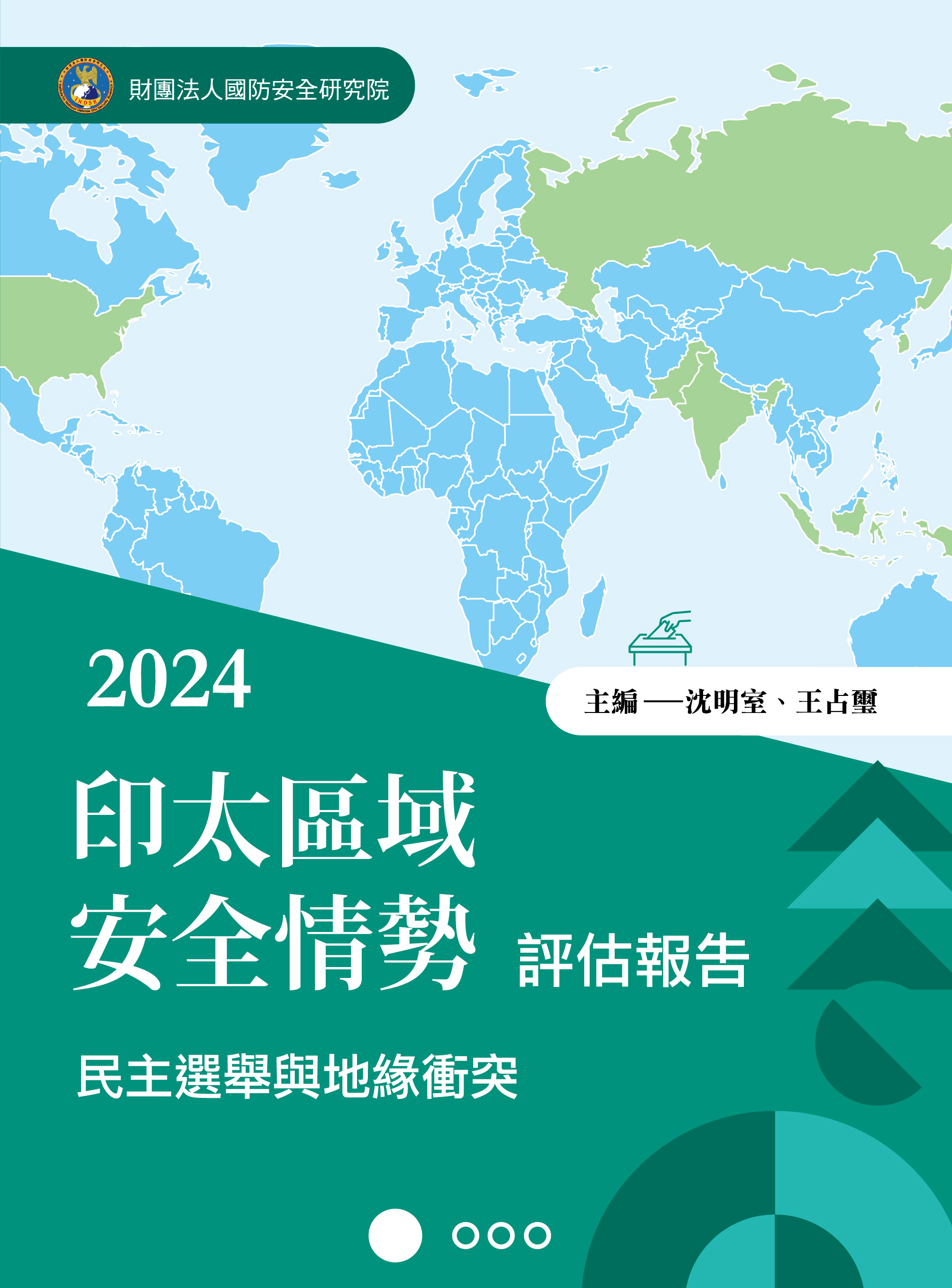Abstract
The recent escalation of tensions in the Taiwan Strait has become a significant global concern. The political landscape that has emerged in Taiwan following the 2024 electoral outcomes is likely to have a considerable impact on the manner in which the United States and China navigate the situation in the Strait, as well as on broader geopolitical dynamics within the Indo-Pacific region. The recently established political configuration in Taiwan, defined by a minimalist government and a sizable opposition, presents obstacles for the Lai administration in its endeavors to mold and redefine Taiwan's national identity. China's approach to Taiwan is anticipated to remain predominantly focused on deterring any moves towards political independence. Nevertheless, as direct military intervention becomes increasingly impractical, hybrid and grey-zone tactics have become prevalent, prompting the United States to advocate for enhanced social resilience in Taiwan as a countermeasure. The current interpretation of United Nations General Assembly Resolution 2758, along with the pragmatic responses of the Lai government to this interpretation, will be critical in determining Taiwan's ability to expand its international presence and establish the foundations of a fully recognized sovereign state.


